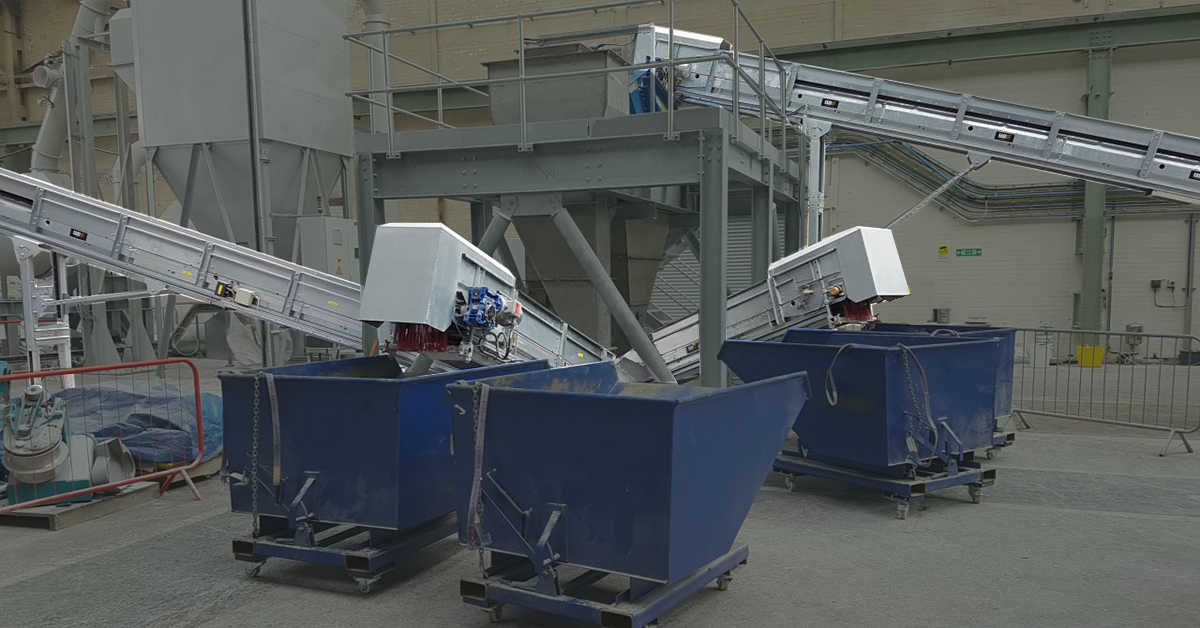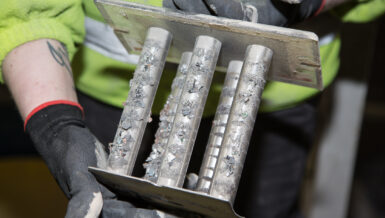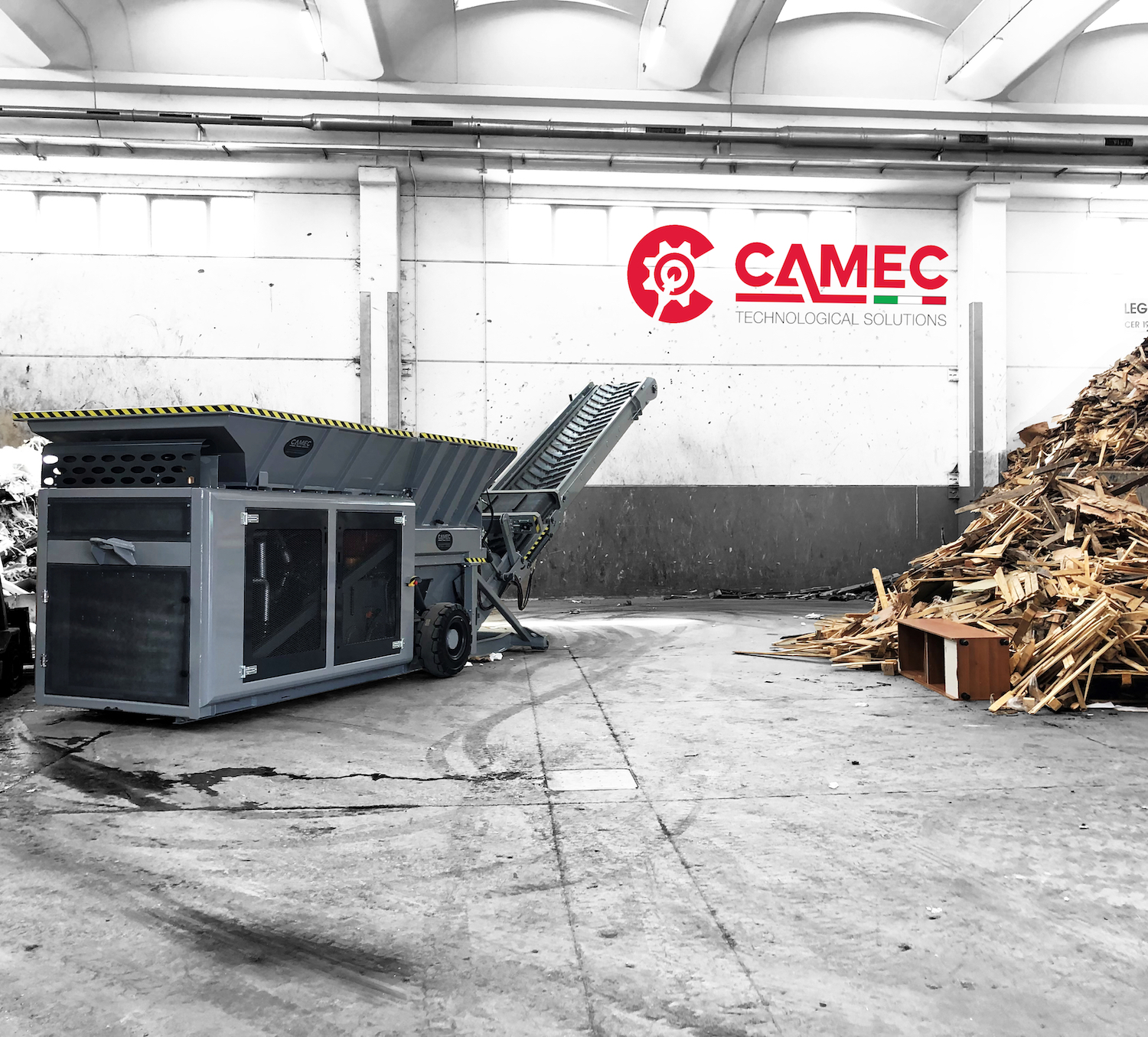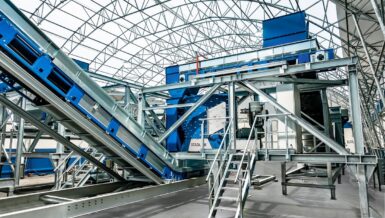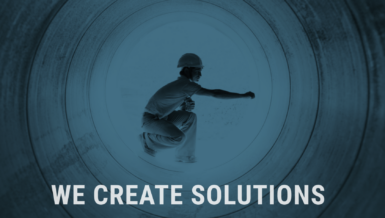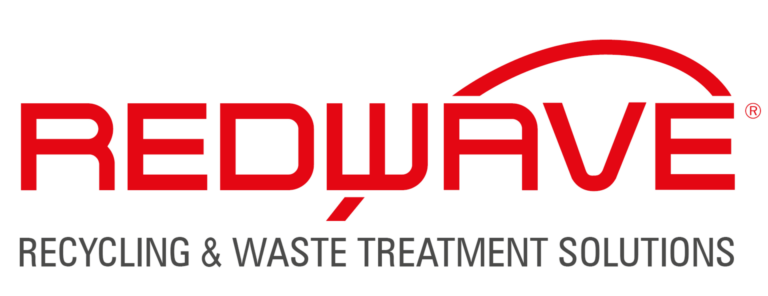As part of positive development in the industry, there are specific initiatives aiming to treat EoL waste with a view to recovering and valorising plastic waste. The PUReSmart project, supported by the European Union Horizon 2020 Research and Innovation Program, has pursued the ambition to develop technologies for EoL treatments, including a mix of chemical and mechanical recycling.
Until a few years ago, reports suggested there was no effective solution to the problem of discarded mattresses: 60% ended up in landfills, and the remaining 40% were incinerated. Today, solutions are closer than expected.
The scenario proposed by PUReSmart is revolutionising traditional integrated systems of mattress production and recycling, moving from a conventional model to a more favourable style in terms of efficiency and material recovery.



Smart Sorting: the first step towards unprecedented recycling
Four years ago, the PUReSmart consortium set out to find ways to transition from the linear life cycle of polyurethane (PU) products to a circular economy model. PUReSmart proposed an optimal scenario from the outset; proper polyurethane recycling would have to start with a solid mechanical sorting process in favour of chemolysis.
At present, the results speak for themselves. REDWAVE now offers the first NIR sensor-based sorting solution to reuse flexible polyurethane foam. Near-infrared reflectance spectroscopy has proven to be a powerful tool for sorting of numerous thermoplastics (PET, PE…) and, for the first time in the industry’s history, it is being used to sort PU foams.
REDWAVE’s research and development team has developed a reliable solution for PU waste sorting, containing all necessary units for sorting flexible foam. Currently, the REDWAVE sorting machine can identify and sort between 20-30 different types of PU, such as MDI-based foam, Conventional foam and HR-based foam, as well as foams containing certain additives like flame-retardants. The ongoing technological scope focuses on advanced sorting of EoL PU-based materials to recover the major PU building blocks – polyols and isocyanates – in the downstream chemical processes.



PU chemical recycling: an achievable goal
An innovative process for the chemolysis of end-of-life polyurethane is close to becoming a reality, as the development of an advanced recycling system takes priority in the PUReSmart project: the aim is to find a new PU based chemistry that allows full recyclability of the material. Two technological approaches are integrated to achieve the result: Smart mechanical recycling and the chemolysis developed in PUReSmart.
By involving the chemical industry, it is possible to develop carbon-neutral production models, thus aligning both the ambitions of the plastics sector and its environmental objectives. In recent months, Recticel Engineered Foams, a member company of the PUReSmart consortium, has conducted various trials and experiments for valorising the upper phase and lower phase by polyurethane (PU) foaming based on recycled polyols and isocyanates obtained from Covestro’s pilot plant.

Polyurethane sorting: 4 years in perspective
2019: The technical scopes of the PUReSmart project are presented: firstly, an integrated mattress production and recycling system and secondly, PUReSmart EoL technologies to handle end-of-life mattresses compared to current solutions on the market.
2020: Under the leadership of REDWAVE, detection methods were found to distinguish different PU foam types. Spectra-feeding machine-learning algorithms allow proper recognition. As feedback from the “Smart Chemolysis” activity, the foam types are reorganized to enable an economically feasible but high-quality chemolysis process. In addition, the foam families were dedicated/grouped into different sorting categories to allow a cost-effective but proper chemolysis. The water uptake, the additives present in the foams and the material’s light weight are among the challenges for the emphasized sorting technology that were tackled.
2021: REDWAVE and Covestro concluded the classification model for identifying different foam families. The model was then implemented in a testing unit in REDWAVE’s test centre. First, lab-scale sorting tests showed promising results and proved the robustness of the model. Meanwhile, REDWAVE kept working on the mechanical design of a pilot sorting machine optimized for sorting PU foams.
2022: PU sorting machine from REDWAVE, featuring an acceleration belt feeding the material to the equipment, a detection unit comprised of halogen lights and a suitable spectral sensor, an ejection unit and two material shafts separated by a separation roll. The machine allows easy and quick substitution of different components. Furthermore, extensive tests have been performed on comminution and screening equipment to define pre processing steps for EoL flexible PU foams that consecutively allow the highest throughput, yield and sorting quality.


Destination: a greener tomorrow
Moving the plastics industry towards a sustainable and circular path starts with redesigning current processes, and thanks to all the change agents involved, the developments are now measurable: mechanical recycling is steadily improving, and chemical recycling is on its way to being applied to an industrial scale. Europe has ambitious plans: to become the first climate-neutral continent by 2050. If this goal is to be achieved, all sectors involved should act together and invest in favourable technologies; this is undoubtedly the way to a sustainable circular future




